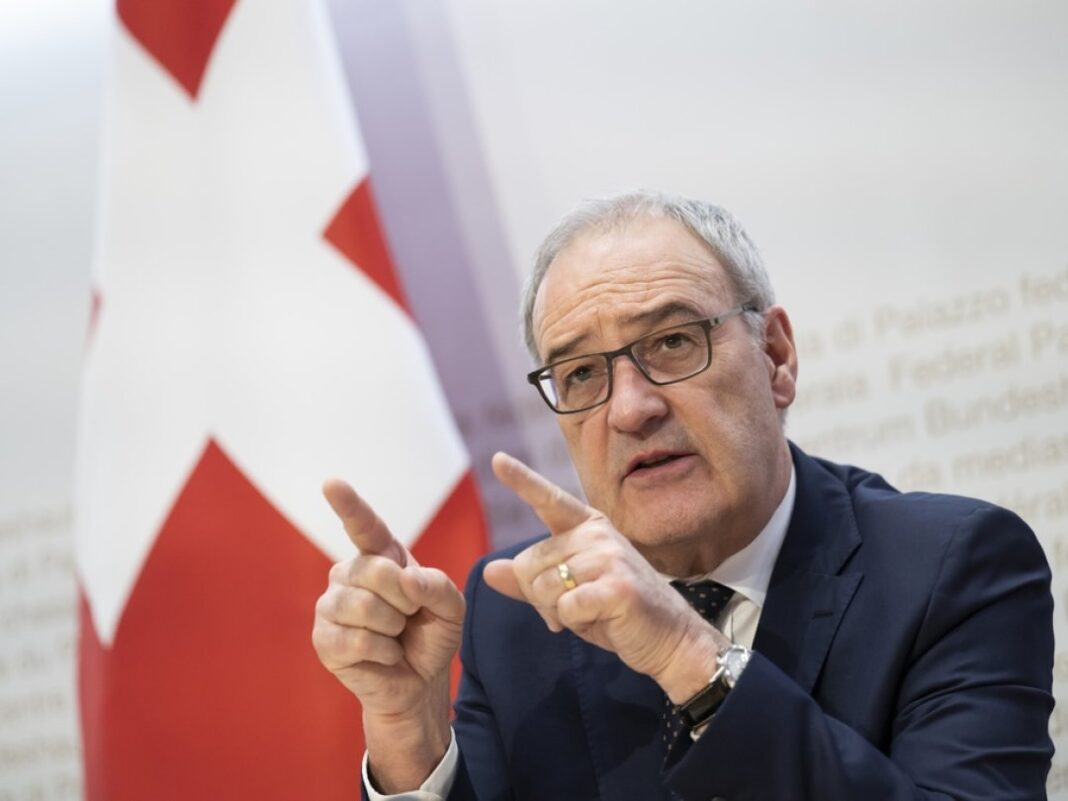Switzerland is facing mounting pressure to seal a tariff agreement with the United States as a critical deadline looms. Speaking at Private Banking Day in Zurich, Swiss Economics Minister Guy Parmelin made it clear: time is of the essence.
The Swiss government is working diligently to navigate the complex landscape of US trade talks. While both sides have identified key issues and drafted a letter of intent, Parmelin noted that meaningful progress hinges on more than paperwork. “We are at a phase where political and technical roadblocks must be addressed,” he told industry leaders. The United States, engaged in parallel trade negotiations with several other countries, has yet to signal how far it’s willing to move.
Washington, however, did offer a small but crucial window. US officials indicated that submitting the letter of intent could grant Switzerland more time, extending the current July 9 deadline. But for negotiations to advance in any real way, the Swiss Parliament must grant a formal negotiating mandate—something that has yet to materialize.
What’s at stake? Everything from market access to broader economic stability. The urgency stems from an April announcement by the US, under President Trump, to impose a steep 31% tariff on Swiss imports. That rate, initially delayed, is set to kick in unless a deal is reached. For now, Swiss products are subject to a general 10% tariff—but that could triple overnight if diplomacy falters.
In an unexpected twist, one of Switzerland’s greatest soft power exports—its apprenticeship system—has emerged as a key bargaining chip. Parmelin highlighted the US’s ongoing interest in adopting elements of the Swiss vocational training model.
“Reindustrialization in the US requires skilled labor, and their eyes are on our system”
He remarked, referencing recent talks with the US Secretary of Education.
The Swiss dual-education model, which seamlessly integrates academic training with real-world apprenticeships, could become a strategic offering in exchange for favorable trade terms. If so, Switzerland may be able to position itself as more than just another trade partner—but rather a critical ally in America’s domestic economic revival.
Whether these mutual interests will be enough to bridge the gap remains to be seen. What is clear is that the clock is ticking—and for both nations, the stakes go beyond just tariffs. This negotiation could set the tone for a new chapter in transatlantic economic cooperation.


